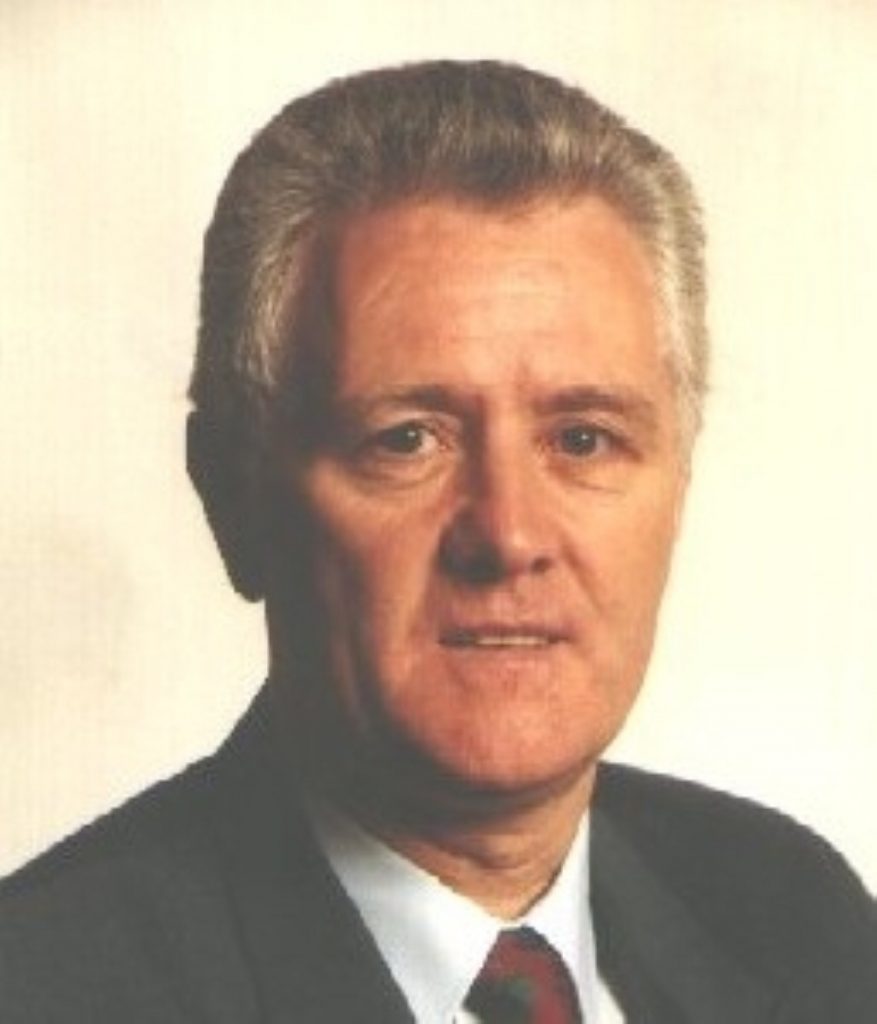MPs want warnings on fee-charging cash machines
An influential group of MPs is today calling for better labelling on fee-charging cash machines to prevent people from being caught unawares by charges.
The House of Commons Treasury Select Committee says that while there has been progress in making it clear when using an ATM is not free, more work must be done.
According to committee chairman John McFall many charging machine operators were not being straight with consumers. “They must act in a responsible way to ensure customers can make an informed choice about which cash machines to use,” he adds.
The report also expresses concerns that as more free ATMs are replaced with fee-charging ATMs some communities could lose access to free machines altogether.


The problem is worst for the less well off, the committee finds, as they are most likely to make small withdrawals often – being charged each time.
There is particular concern over the number of charging cash machines in post offices, given the increasing number of people who have benefits paid into basic bank accounts, where the recipient is more likely to use cashpoints.
Mr McFall continues: “Banks need to ensure that their commitment to free machines extends beyond their branch network. They should think carefully about the effect of their policies when closing or selling free machines that would deprive communities of free access to cash withdrawal
“Good access to non-charging machines should be available to all consumers. It’s unfair that some people may be forced into paying £1.50 every time they make a withdrawal
“We are already paying £140m a year to access our own money. This is a very worrying trend and one that should be monitored closely. It would be wrong if every withdrawal was to hit consumers in their pocket.”
The Post Office defended its record on the provision of cash, pointing out that 98 per cent of cash withdrawals at post offices are free of charge.
Graham Halliday, the Post Office’s director of banking and financial services, said there were clear signs next to every fee-charging ATM in Post Office branches. He added: “Charging ATMs at Post Office branches offer customers a choice and added convenience – but we believe they must always have the option of declining that choice if they wish to avoid a charge.”
Consumer groups welcomed the report. Citizens Advice Bureau director of policy Teresa Perchard commented: “The committee’s findings speak for themselves. We now need to see action from the banks, cash machine operators and the Post Office to ensure people on the lowest incomes no longer have to pay for the privilege of getting access to their own cash.”
Laurence Baxter, senior policy adviser at Which? added: “More than one in four people still don’t realise that they will be charged for taking cash out at convenience machines. It’s time the industry stepped up to ensure that customers understand when they’ll pay and how much.
Philip Cullum, deputy chief executive of the National Consumer Council said: ” The select committee throws down the gauntlet to Britain’s banks, who must do much more to provide all customers with free access to their own money. The Post Office should play its part too.”












